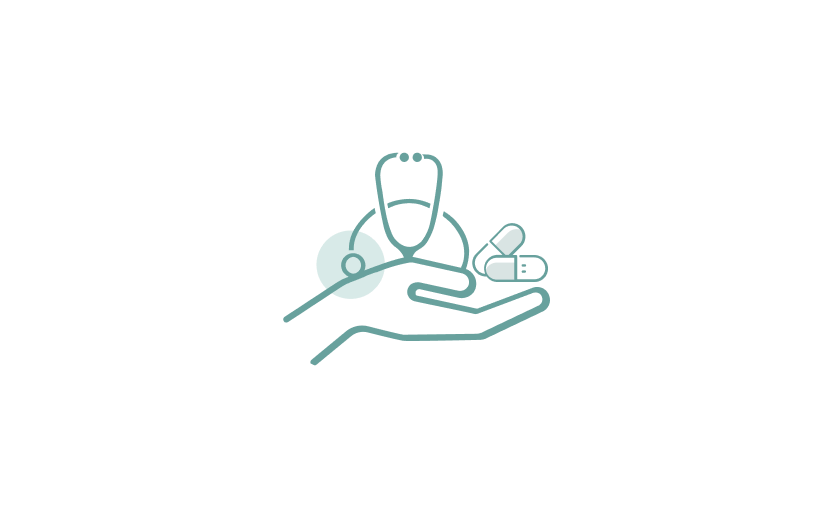Personality Disorders
Are you struggling with persistent patterns of thinking, behaving, and relating to others that significantly impact your daily life? MediPsych specializes in the compassionate treatment and management of personality disorders.
What are Personality Disorders?
Imagine living in a world where your thoughts, emotions, and behaviors are constantly distorted and unstable. That’s what it can feel like for someone with a personality disorder. Personality disorders are a group of mental health conditions characterized by patterns of inflexible and maladaptive thoughts, emotions, and behaviors that significantly impact a person’s ability to function in various areas of their life, including relationships, work, and self-perception. These disorders typically emerge in adolescence or early adulthood and continue throughout a person’s life if left untreated.
leading Symptoms
The many faces of Personality Disorders
There are several types of personality disorders, each with its unique characteristics. Here are some examples:

Borderline Personality Disorder
Individuals with BPD often experience intense mood swings, have difficulties with self-image, struggle with impulsive and self-destructive behaviors, and find it challenging to maintain stable relationships.

Narcissistic Personality Disorder
People with NPD have an inflated sense of self-importance, a constant need for admiration, lack empathy for others, and often display arrogant or entitled behaviors.

Avoidant Personality Disorder
Individuals with AvPD tend to have a fear of social interactions and avoid situations that might lead to negative evaluation or rejection. They often struggle with low self-esteem and have limited social relationships..

Antisocial Personality Disorder
People with ASPD may exhibit a disregard for the rights and feelings of others, engage in deceitful or manipulative behaviors, show a lack of remorse, and have a history of conduct problems since childhood.

Obsessive-Compulsive Personality Disorder
Individuals with OCPD are excessively preoccupied with rules, order, and control. They tend to be perfectionistic and have difficulty delegating tasks to others, which can impact their interpersonal relationships and flexibility.
Do you think you might have Personality Disorders?
Take the self-assessment
I find it difficult
- difficult
- easy
to trust people and have
no issue
- no issue
- difficulty
thinking or speaking. I often
- often
- sometimes
- rarely
have feelings of social anxiety, even in familiar situations.
- difficult
- easy
- no issue
- difficulty
- often
- sometimes
- rarely
What symptoms to look out for

Schedule an appointment to be assessed for a Personality Disorder
Unmasking Personality Disorders: Diagnosis
Diagnosing a personality disorder involves a thorough evaluation by a mental health professional, typically through clinical interviews, assessments, and observations of behavior. Treatment for personality disorders usually involves a combination of psychotherapy, medication (in some cases), and support from a strong therapeutic alliance.
Treatment
Finding the
balance
The treatment for Personality Disorders typically involves:

Psychotherapy
Several types of therapy, such as dialectical behavior therapy (DBT), cognitive-behavioral therapy (CBT), and psychodynamic therapy, can be effective in treating personality disorders. These therapeutic approaches aim to help individuals develop healthy coping mechanisms, improve interpersonal skills, and challenge maladaptive thoughts and behaviors

Medication
While there is no specific medication to treat personality disorders directly, medications may be prescribed to manage co-occurring symptoms such as depression, anxiety, or impulsivity..

Support Systems
Building a strong support system is crucial for individuals with personality disorders. This can involve family and friends who provide understanding, empathy, and encouragement, as well as support groups where individuals can connect with others facing similar challenges.
